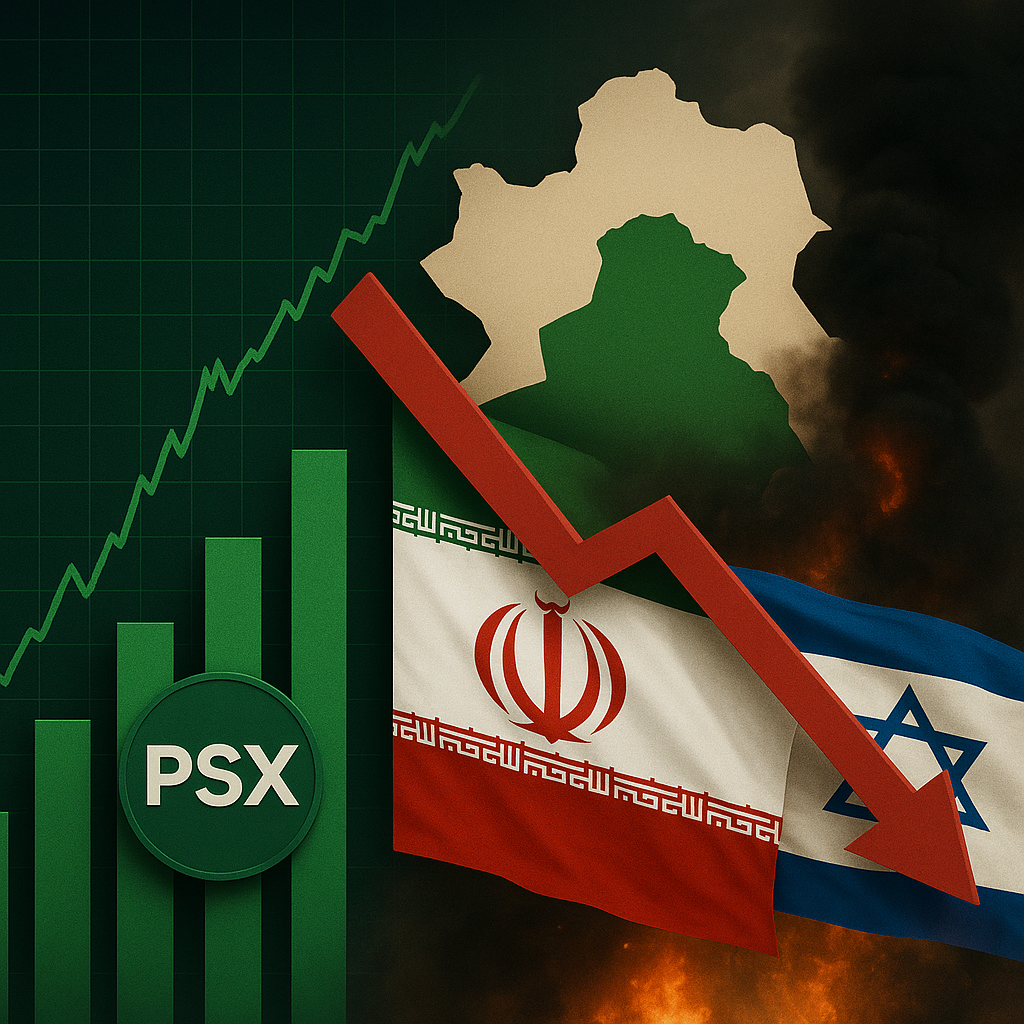Many investors, especially those who have profited from their investments in SAZGAR ENGINEERING (SAZEW), are eagerly awaiting the release of its monthly sales data(December 2024). However, an additional matter has captured significant attention among shareholders: the periodic, notable sale of company shares by its directors.
I have been investing in SAZEW for a considerable time, with my initial purchase at Rs. 60 marking my first foray into the stock market. The remarkable and astonishing returns from SAZEW have been nothing short of transformative. This experience even led me to momentarily consider myself a “Turram Khan,” a term introduced to me by my mentor, Dr. Yasir Mahmood. It aptly describes the overconfidence one might feel when perceiving oneself as the shrewdest investor around. Aware of its pitfalls, I successfully avoided this psychological trap.
Now, with SAZEW’s share price hovering above Rs. 1,100, I am faced with a pivotal question: Should I remain invested, or is it time to exit? Reflecting on this question also sheds light on the broader concern regarding the directors’ decision to sell their shares. The precise quantities of these sales can be verified via the PSX data portal.
While it is often impossible to ascertain the exact motivations behind such decisions unless explicitly disclosed by the management, my research and analysis of SAZEW have led me to several plausible conclusions. It is important to note that these are my personal insights and not investment advice. Contrarian opinions are welcome, and feedback is encouraged.
General Reasons Behind Management’s Share Sales
- Meeting Financial Needs: Management may sell shares to address personal financial obligations or diversify their investments.
- Profit-Taking: A significant appreciation in stock price can compel management to book profits.
- Lack of Confidence: A perceived decline in the company’s short- or long-term performance may trigger a sell-off.
- Strategic Divestment: Share sales might align with broader corporate strategies, such as mergers, acquisitions, or portfolio adjustments.
Applying These Motives to SAZEW’s Context
Let us consider the hypothetical scenario of being a director at SAZEW with a substantial shareholding that has yielded returns exceeding 1,500% in a single year (a rough estimate). Faced with the inherent volatility of the stock market and prevailing uncertainties, what would you do? Would you retain the shares, waiting for another 100% or 200% gain (given you believe it still offers if you are invested in sazew and expect the same from the Directors to do)? Or had you secured some profits. If I were you, I would have sold a significant portion of the shares held. Keeping this dilemma in mind, I believe the main reason that SAZEW management has sold some of the shares is Profit-taking and nothing else worth-mentioning. We shall discuss the fundamental outlook of the company in a separate blog but in my opinion as of now, company’s fundamental position is still very strong which makes me to keep SAZEW still the part of my portfolio. In my opinion, profit-taking stands out as the primary motivation behind the directors’ share sales. Given the extraordinary returns, this decision appears prudent and not necessarily indicative of diminished confidence in the company’s prospects.
Current Outlook on SAZEW
While the directors’ actions warrant attention, SAZEW’s fundamental position remains robust. Its growth trajectory and operational performance suggest sustained potential, making it a valuable component of my portfolio. However, this perspective underscores the importance of continuously monitoring the company’s performance and industry trends.
Investors must remain vigilant and objective, avoiding the emotional traps of overconfidence or herd mentality. While my belief in SAZEW’s long-term potential remains intact, I advocate for a balanced approach that aligns with individual investment goals and risk tolerance.
This blog serves as a platform for discussion, and I invite fellow investors to share their perspectives and insights.
Disclaimer: This content is for educational and informational purposes only. It should not be considered financial or investment advice. Always do your own research or consult with a licensed financial professional before making any investment decisions.




.png)